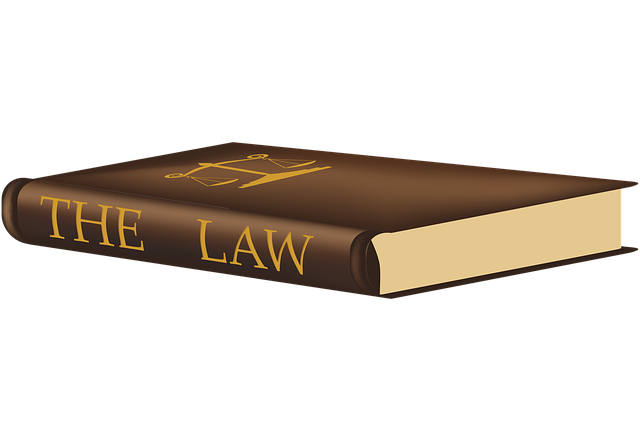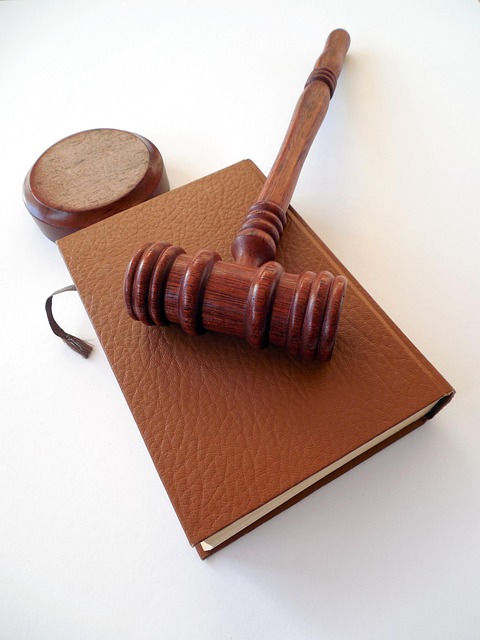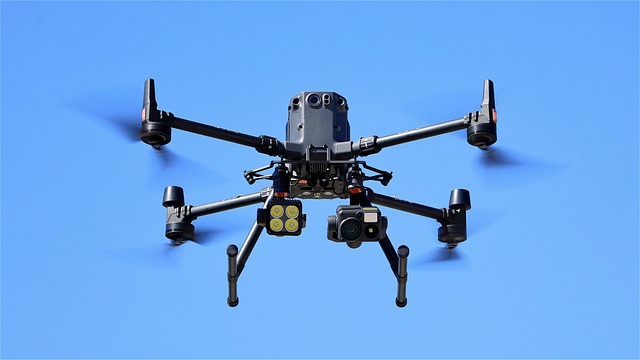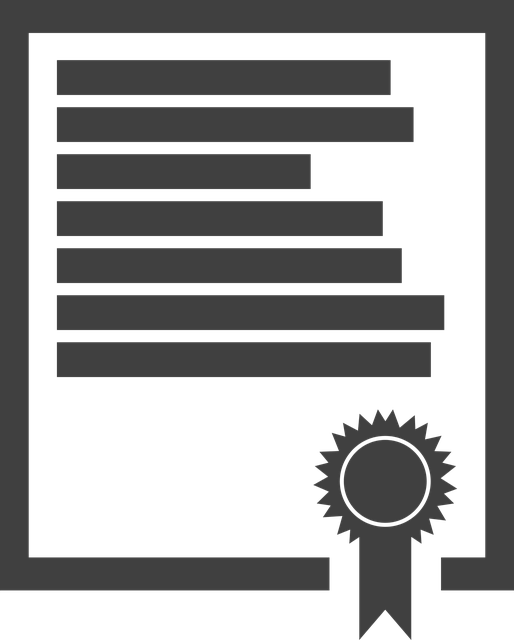Whistleblower Protection Laws are crucial for accountability in white-collar and economic crimes, shielding whistleblowers from retaliation while balancing public disclosures. Understanding the Criminal Procedure Appeal Process Explained is vital for favorable outcomes in lawsuits, requiring swift action (within 30 days) to review evidence and procedures for errors. This process involves strategic legal counsel to challenge defense verdicts through appeals, leading to new trials or acquittals. Navigating this complex landscape ensures justice, protects whistleblower rights, and sets precedents for future cases involving corporate misconduct or government illegality.
Whistleblower protection lawsuits are crucial for those who expose illegal activities within organizations, risking their careers to uphold justice. This article guides you through the intricate world of whistleblower rights, focusing on key legal aspects. We explore understanding whistleblower laws, recognizing the right time to file a Criminal Procedure Appeal, and outlining the essential elements for a successful suit. Additionally, we navigate the challenges in these cases and delve into the impact and appeal process explained, providing valuable insights for those considering their options.
- Understanding Whistleblower Protection Laws
- When to File a Criminal Procedure Appeal
- Key Elements of a Successful Whistleblower Suit
- Navigating Legal Hurdles in Whistleblower Cases
- The Impact and Appeal Process Explained
Understanding Whistleblower Protection Laws

Whistleblower Protection Laws are designed to safeguard individuals who expose illegal or unethical activities within their organizations from retaliation. These laws provide a crucial mechanism for holding corporations and individuals accountable, especially in cases of white-collar and economic crimes. Understanding these protections is essential, as they can significantly impact the criminal procedure appeal process.
The appeal process for whistleblowers often involves navigating complex legal landscapes, where winning challenging defense verdicts requires a comprehensive strategy. These laws offer a balance between protecting public interest disclosures and ensuring fair practices. As such, corporate and individual clients alike can benefit from legal counsel specializing in these areas to navigate the intricacies of whistleblower protection lawsuits effectively.
When to File a Criminal Procedure Appeal

When considering a Criminal Procedure Appeal Process Explained, it’s crucial to understand when and how to file. The decision to appeal should be made early in the legal process, typically within 30 days of an unfavorable verdict or ruling. This timeline is strict, so those seeking justice must act promptly. A general criminal defense strategy often involves navigating complex legal procedures, and appealing a conviction can be a challenging yet vital step towards winning challenging defense verdicts.
The appeal process offers an opportunity to examine the evidence and proceedings for any errors or inconsistencies that may have influenced the original jury trial outcomes. If successful, these appeals can lead to new trials or even acquittals. It’s important to consult with experienced legal counsel who can guide you through this intricate process, ensuring your rights are protected and your case is presented effectively.
Key Elements of a Successful Whistleblower Suit

A successful whistleblower lawsuit hinges on several key elements. Firstly, the plaintiff must establish that they were engaged in protected activity, meaning they reported suspected criminal or fraudulent conduct within their organization. This can include internal reports as well as disclosures to external authorities, such as law enforcement or regulatory agencies. The act of reporting should be done in good faith and with a genuine belief in the validity of the allegations.
Another crucial aspect is proving that the employer took adverse actions against the whistleblower following the report. Adverse actions can range from termination or demotion to harassment or retaliation in the form of criminal charges, civil lawsuits, or other forms of punishment. The plaintiff needs to demonstrate a direct causal link between their protected activity and the subsequent adverse action. Understanding the Criminal Procedure Appeal Process Explained is also vital, as it can help navigate potential legal hurdles and achieve extraordinary results in white-collar defense cases across the country.
Navigating Legal Hurdles in Whistleblower Cases

Navigating the legal hurdles in whistleblower cases can be a complex and daunting task. Whistleblowers often face significant challenges when exposing corporate misconduct or government illegality, including the risk of personal retribution and legal repercussions. Understanding the Criminal Procedure Appeal Process Explained is crucial for achieving justice. This process involves meticulous documentation, strategic planning, and navigating through various legal avenues to ensure the protection of the whistleblower’s rights.
Whistleblower cases require a delicate balance between upholding the law and safeguarding the interests of those who dare to speak out against corruption or criminal activities. The goal is not just to secure a complete dismissal of all charges but also to achieve extraordinary results that set a precedent for future cases. Whether representing corporate clients seeking legal recourse or individual whistleblowers, experienced legal counsel plays a pivotal role in guiding through these intricate legal landscapes, ensuring the best possible outcomes.
The Impact and Appeal Process Explained

Whistleblower Protection Lawsuits play a pivotal role in upholding justice and transparency within businesses and government entities. The Impact and Appeal Process Explained involves navigating complex criminal procedures, especially in cases of white collar and economic crimes. When a whistleblower comes forward with evidence of misconduct, the respective business or organization faces legal scrutiny, which can significantly alter its trajectory.
The appeal process is crucial for both the accused organization and the whistleblower’s rights. It ensures that any errors or misinterpretations in the initial proceedings are addressed. This mechanism allows for a more fair and balanced assessment of the evidence, considering the unique challenges faced by whistleblowers who often find themselves at odds with powerful institutions. Understanding these processes is essential for effective white collar defense strategies.
Whistleblower protection lawsuits play a vital role in ensuring accountability and fostering a culture of transparency. By understanding the key elements, navigating legal hurdles, and knowing when to file a Criminal Procedure Appeal (as outlined in this article), individuals can effectively protect their rights and make a significant impact. The process may be challenging, but with a solid grasp of these principles, whistleblowers can contribute to a more just and accountable society while safeguarding their own interests.






